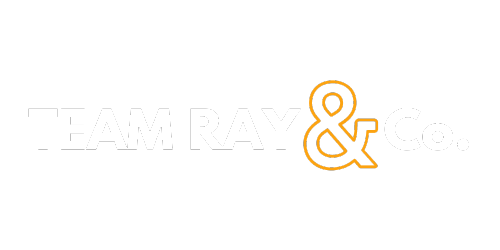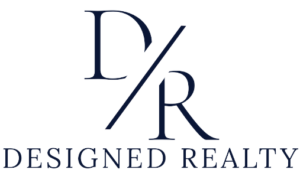In today’s rapidly changing job market, the ability to learn new skills and adapt to evolving technologies and trends is essential for career success and advancement. Whether you’re looking to enhance your existing skills or acquire new ones, mastering the art of skill development can open up a world of opportunities and propel your career forward. Here are some strategies for mastering new skills and enhancing your professional capabilities:
- Set Clear Goals: Before embarking on a new skill development journey, take the time to define your goals and objectives. What specific skills do you want to learn or improve? How will these skills contribute to your career advancement or personal growth? Setting clear and achievable goals will provide focus and direction as you pursue skill development opportunities.
- Identify Your Strengths and Weaknesses: Assess your current skill set to identify areas of strength and areas that need improvement. What skills do you excel at, and where do you have room for growth? By understanding your strengths and weaknesses, you can tailor your skill development efforts to address areas of opportunity and maximize your potential.
- Seek Feedback and Guidance: Don’t be afraid to seek feedback from colleagues, mentors, or industry experts as you work to develop new skills. Solicit constructive criticism and advice to identify areas for improvement and learn from others’ experiences and expertise. Seek out mentors or coaches who can provide guidance and support as you navigate your skill development journey.
- Practice Consistently: Like any new endeavor, mastering a skill requires consistent practice and dedication. Set aside dedicated time each day or week to practice and hone your skills, whether it’s through hands-on experience, online tutorials, or guided exercises. Embrace a growth mindset and be willing to put in the effort and persistence required to achieve mastery.
- Break It Down into Manageable Steps: Breaking down complex skills into smaller, more manageable steps can make the learning process feel less overwhelming and more achievable. Focus on mastering one aspect of the skill at a time, gradually building upon your knowledge and proficiency as you progress.
- Use Different Learning Methods: Everyone learns differently, so experiment with different learning methods and techniques to find what works best for you. Whether you prefer hands-on practice, visual demonstrations, written instructions, or interactive workshops, tailor your approach to match your learning style and preferences.
- Apply What You Learn: Put your newly acquired skills into practice in real-world scenarios to reinforce your learning and gain practical experience. Look for opportunities to apply your skills on the job, volunteer for projects or assignments that allow you to use your newfound abilities, and seek out opportunities for hands-on learning and experimentation.
- Stay Curious and Keep Learning: Skill development is an ongoing process that requires continuous learning and growth. Stay curious and open-minded, and be willing to explore new areas of interest and expertise. Take advantage of lifelong learning opportunities, such as workshops, seminars, online courses, and professional development programs, to expand your skill set and stay ahead of the curve in your field.
By implementing these skill development strategies, you can master new skills, enhance your professional capabilities, and position yourself for success in your career. Embrace the journey of continuous learning and growth, and let your commitment to skill development propel you towards your career goals and aspirations.




